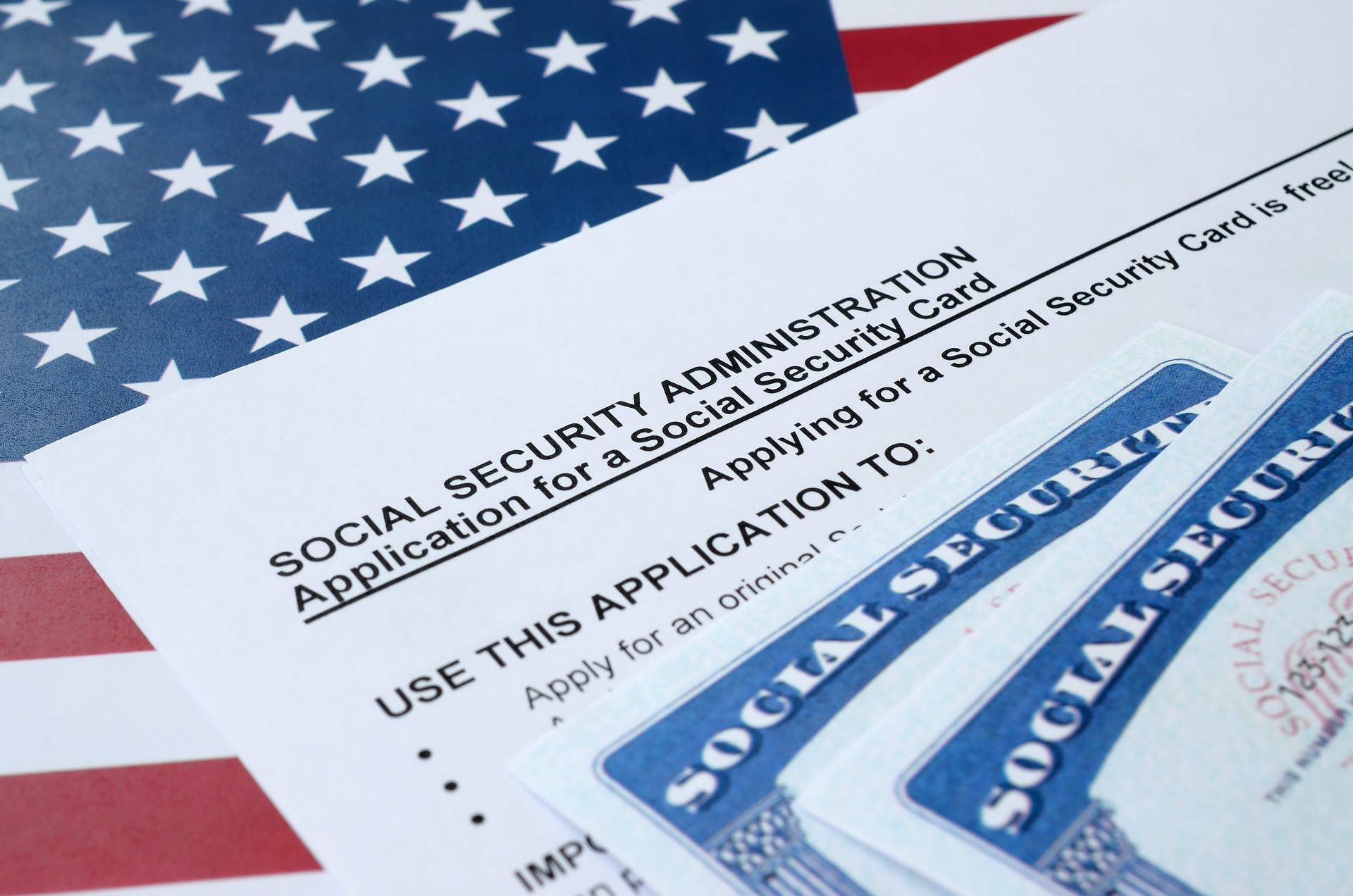
The Big Beautiful Bill: What U.S. Expats Need to Know in 2025
Introduction
You packed your bags, crossed a border, and started a new life. But if you’re a U.S. citizen abroad, there’s one thing you didn’t leave behind: the IRS.
On July 4, 2025, Congress passed the One Big Beautiful Bill Act (OBBBA). While headlines in the States focus on domestic tax cuts, the Bill has very real consequences for Americans overseas. Some changes save you money. Others add new compliance headaches.
Here’s what’s factually confirmed about the Big Beautiful Bill — and how it affects expats.
1. The Foreign Earned Income Exclusion Rises to $130,000
The Foreign Earned Income Exclusion (FEIE) allows qualifying Americans abroad to exclude a portion of foreign wages or self-employment income from U.S. taxation.
- 2024 limit: $126,500
- 2025 limit: $130,000
That increase is due to inflation indexing, not a structural change — but it still matters.
Why this matters for expats
If you’re working abroad, you can now shield more income from U.S. tax. For freelancers or employees earning mid-six figures, this bump saves real money.
Action step
Remember: you only benefit if you qualify. That means meeting either:
- The Physical Presence Test (330 days abroad in a 12-month period), or
- The Bona Fide Residence Test (showing residency in another country).
No changes to those tests were made by the Bill.
2. A New 1% Remittance Tax
The Big Beautiful Bill introduced something brand new: a 1% excise tax on certain remittances sent from the U.S. to foreign countries.
- Effective date: January 1, 2026
- Rate: 1% of the transfer amount (reduced from higher rates in earlier drafts).
- Applies to: Transfers made via cash, money orders, or cashier’s checks through “remittance transfer providers.”
- Exclusions: Transfers funded via U.S. debit/credit cards or ACH systems are not subject to the excise tax.
Why this matters for expats
If you still move money from U.S. accounts abroad — to cover living expenses, support family, or invest — you may be caught by this new tax. For small sums, the 1% may feel minor. But for larger transfers (think down payments or tuition), it adds up quickly.
Action step
- Review how you move money. Transfers via debit/credit card or ACH may avoid the tax.
- If you rely on cash or money orders, expect the new cost.
- Keep an eye on Treasury guidance, which will clarify exact exemptions before the rule kicks in.
3. Permanency of Tax Cuts and Brackets
One of the headline features of OBBBA is the permanent extension of 2017 Tax Cuts and Jobs Act (TCJA) provisions.
- Individual income tax brackets remain in place.
- The larger standard deduction, introduced by TCJA, is locked in.
Why this matters for expats
- Stability: You can now plan for the long term without worrying about brackets suddenly jumping.
- Predictability: If you’re self-employed abroad or earning U.S.-source income, your planning just got easier.
4. Estate and Gift Tax Exemption
The Bill raises the estate and gift tax exemption to $15 million per individual, effective January 1, 2026, indexed for inflation. (Mintz)
Why this matters for expats
If you have significant overseas assets — real estate, businesses, investments — this change reduces your risk of U.S. estate tax exposure.
Action step
Don’t assume this applies in 2025. The higher exemption takes effect in 2026. Continue to plan with the current (~$13 million+) exemption until then.
5. What Didn’t Change
Despite big talk, many expat headaches remain intact:
- Citizenship-based taxation: The U.S. still taxes citizens no matter where they live.
- FBAR (Foreign Bank Account Report): If your foreign accounts exceed $10,000 in aggregate, you still must file annually.
- FATCA (Foreign Account Tax Compliance Act): Reporting rules for foreign assets remain.
- Foreign investments & businesses: Rules for PFICs, Form 5471 (corporations), and Form 8865 (partnerships) remain unchanged.
- FEIE/FTC mechanics: Apart from the inflation bump, no new tests or thresholds were added.
In other words: the IRS isn’t letting go of expats anytime soon.
6. Action Plan for Expats in 2025–2026
Here’s how to adapt to the Big Beautiful Bill if you’re abroad:
- Run a 2025 projection
Calculate how the new $130,000 FEIE affects your liability. - Audit your remittances
If you transfer money abroad, decide whether to shift methods before the 1% excise hits in 2026. - Estate planning
High-net-worth expats should revisit estate plans in 2026 to take advantage of the higher $15M exemption. - Stay compliant on disclosures
File FBAR and FATCA reports — penalties remain severe. - Choose FEIE vs. FTC wisely
In high-tax countries, the Foreign Tax Credit may save you more than FEIE. Run the numbers. - Watch IRS guidance
Details on the remittance tax and exemptions will evolve. Don’t assume — confirm.
7. Risks to Watch
- Penalty traps: Missed disclosures (FBAR, FATCA) still cost thousands.
- Remittance uncertainty: Some transactions’ status is still unclear. Guidance may broaden or narrow what’s taxed.
- Overconfidence in FEIE: Bigger exclusion doesn’t mean automatic qualification — you still need travel logs, visas, or proof of residence.
Conclusion
The Big Beautiful Bill brings both relief and new rules for Americans abroad:
- Relief: A bigger FEIE, permanent tax brackets, and (starting 2026) a higher estate exemption.
- New burden: A 1% remittance tax for some money transfers.
- No change: Citizenship-based taxation, FATCA, FBAR, and foreign investment reporting.
For expats, the takeaway is simple: some parts of life just got easier, others more expensive, but the paperwork remains.
Living abroad should be about adventure, not audits. Stay compliant, plan ahead, and use the new rules to your advantage.
Stay Ahead of Tax Season
Join the EdgeLetter our monthly newsletter with quick tax tips, expat deadlines, and freelancer reminders.
.png)
.png)

























.png)